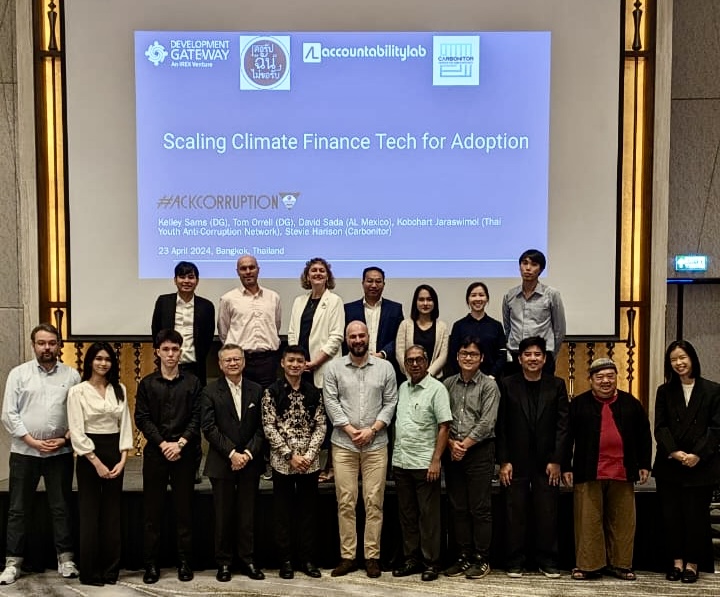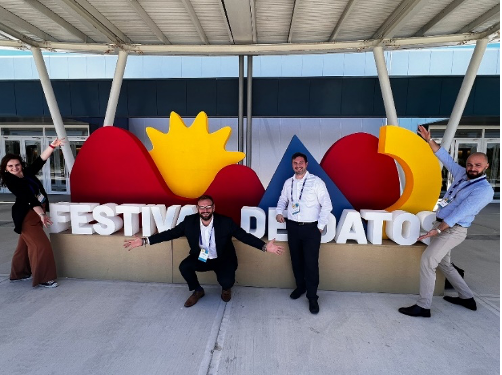Antarctica Heats Up, While Tanzania Freezes Data Publication
Many people took to social media when word got out that it was warmer in Antarctica, at a whopping 63 degrees Fahrenheit, a record temperature for them and a record for number of people who wish they were in Antarctica.
California would love a chunk of ice as they are in a historic drought and have implemented the first mandatory water restrictions in the state’s history. But don’t worry, at least we can still eat Quinoa without guilt. Recent studies show that more demand is actually good for suppliers… which I thought was what economics taught since economics was a thing.
World Bank President Jim Yong Kim is worried how climate change will affect the future of our children (what if they can’t have quinoa!) and lists five ways, infographics included, that we can decrease carbon emissions. But don’t worry there will be cassava, which is less picky when it comes to climate and heat (because isn’t it really the food that we all care about?)
While we have some good news that certain dry areas of the world are becoming greener, recent research shows that not every plant is equal when it comes to climate control. At the hyper local level, some forests have an overall cooling affect, while others have an overall warming effect, though it varies during the season (think warms in the winter and cools in the summer).
In addition to Kim’s acclamation, 30 European Mayors have joined forces to reduce at least 40% of their greenhouse gases by 2030. But it’s not just Western countries who are pushing forward on these efforts. It’s estimated that approximately 6.4 trillion will be spent on clean technology in developing countries specifically. That’s not an amount to be ignored.
But because we are still largely reliant on traditional energy sources, news that Tanzania has found natural gas off shore the country is pretty big news for them. So how will they be able to avoid the resource curse that so often lurks around the corner of resource rich countries? CGD is asking the same question in their poll, and discussed it in a recent podcast.
Time will tell how Tanzania is able to handle the new found riches, but much is currently being told about Tanzanian governance as Parliament decides to limit what can be told. A recent law passed that limits any statistics being published in the country to official data released from the National Bureau of Statistics.
An Access to Information Bill is supposed to be voted on next, but it, and two other bills were just recently posted publicly, a Media Services Bill, and a Cybercrimes Act, and it’s unclear if these will do more for freedom of information, or continue in the same line of decreased transparency and lack of information.
Ironically, Tanzania hosted the Open Government Partnership Regional Meeting this month. Let’s hope they can buck some of these strict regulations that appear to counteract much of the progress in open governance they’ve been making.
This piece was originally posted on the First Tranche. Image Source: Tak CC BY-NC-ND 2.0.
Share This Post
Related from our library

The Future of Technology Governance and Global Development: Why DG Brought DataReady In-house
DG is excited to announce we now have more robust data governance advisory services with the recent integration of DataReady.

Letting the Sunshine in: Building Inclusive, Accountable, and Equitable Climate Finance Ecosystems
In April, DG, HackCorruption, and the Thai Youth Anti-Corruption Network hosted a roundtable in Bangkok to discuss climate financing. This blog explores the main takeaway: a multi-disciplinary and multi-stakeholder approach that prioritizes local contexts, inclusive governance, transparency, accountability, and equitable distribution of resources is essential to impactful climate financing.

Developing Data Systems: Five Issues IREX and DG Explored at Festival de Datos
IREX and Development Gateway: An IREX Venture participated in Festival de Datos from November 7-9, 2023. In this blog, Philip Davidovich, Annie Kilroy, Josh Powell, and Tom Orrell explore five key issues discussed at Festival de Datos on advancing data systems and how IREX and DG are meeting these challenges.